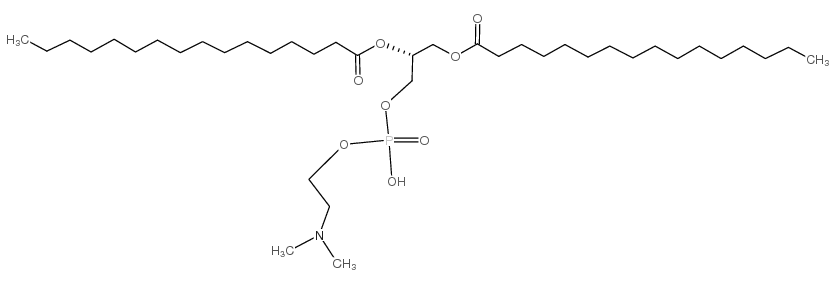| 结构式 | 名称/CAS号 | 全部文献 |
|---|---|---|
 |
1,2-二棕榈酰-SN-甘油-3-二氧磷基-N,N-二甲基乙醇胺
CAS:3922-61-0 |
| 结构式 | 名称/CAS号 | 全部文献 |
|---|---|---|
 |
1,2-二棕榈酰-SN-甘油-3-二氧磷基-N,N-二甲基乙醇胺
CAS:3922-61-0 |